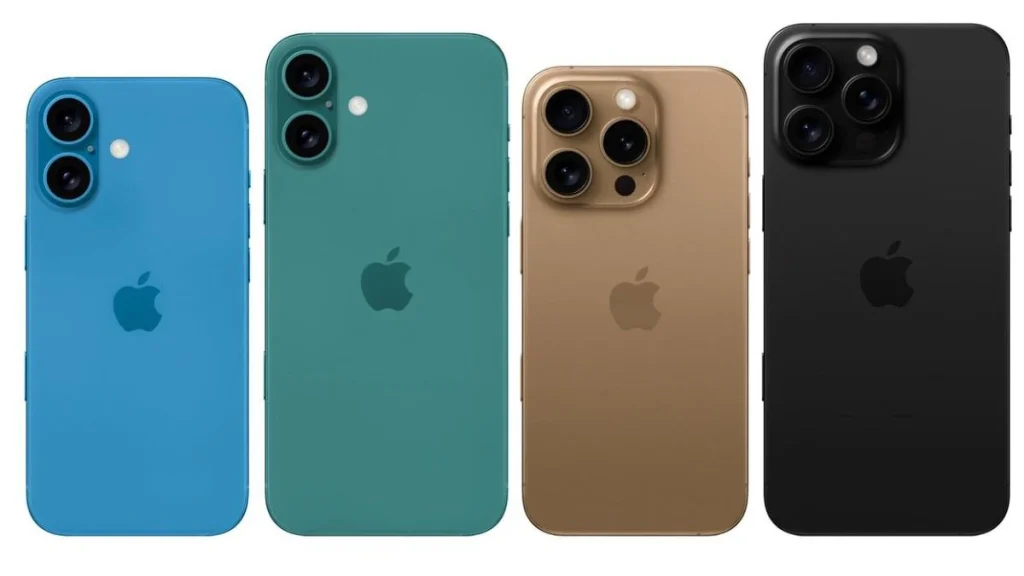On Monday, Apple unveiled a new iPhone designed specifically for generative artificial intelligence, aiming to drive sales and demonstrate its competitiveness in the evolving tech landscape.
The iPhone 16, Apple’s latest offering, is expected to entice customers with its advanced AI capabilities. “We are excited to introduce the first iPhones built from the ground up for Apple Intelligence and its revolutionary features,” said Apple CEO Tim Cook during an event at the company’s headquarters in Silicon Valley.
With iPhone sales generating $39 billion last quarter—accounting for roughly 60% of Apple’s revenue—the device remains a critical gateway to the company’s growing services sector, including the App Store and Apple TV.

Apple is looking to rebound from a prolonged sales slump, as customers have increasingly held onto older models for longer. According to Dan Ives, an analyst at Wedbush, this release focuses on “Apple Intelligence” and marks the beginning of the “consumer AI Revolution” with Apple at the helm.
Apple Intelligence, introduced in June during the company’s annual developers conference, is a new suite of AI-driven features for all Apple devices. The conference also saw Apple announce a partnership with OpenAI, the maker of ChatGPT.
“For years, artificial intelligence and machine learning have been crucial in delivering many features you love,” said Cook. “In June, we launched Apple Intelligence, a powerful personal AI system that will have a tremendous impact.”
Initially, the AI features will enhance image editing, translation, and messaging, although they do not yet match the ambitious breakthroughs from AI leaders like OpenAI and Google. Ives anticipates that software developers will soon release AI-optimized apps and services, boosting demand for the new iPhones.
Apple is expected to enhance its new AirPods and smartwatches by integrating advanced AI features and optimizing them for the Siri digital assistant. The company unveiled the latest models of the Apple Watch and AirPods during its recent event.
By incorporating AI, Apple aims to challenge the perception that iPhone launches only bring incremental improvements in hardware and software, according to Techsponential analyst Avi Greengart. In the long run, Apple could significantly transform the iPhone experience with a more powerful Siri that operates seamlessly across all apps, Greengart added.
– Pixel Power –
Apple’s announcement comes shortly after Google introduced its AI-powered Pixel 9 smartphones, a direct competitor to the iPhone. While Pixel phones represent a small portion of the global smartphone market, which is dominated by Samsung and Apple, Google emphasized that its new devices show the practical benefits of AI.
“There have been countless promises and ‘coming soons,’ but not enough real-world usefulness with AI—today, we’re delivering on that,” said Google’s senior vice president of devices, Rick Osterloh, at the Pixel 9 launch.
Samsung has also showcased AI integration across its consumer electronics, reinforcing its position as the leader in global smartphone sales.

